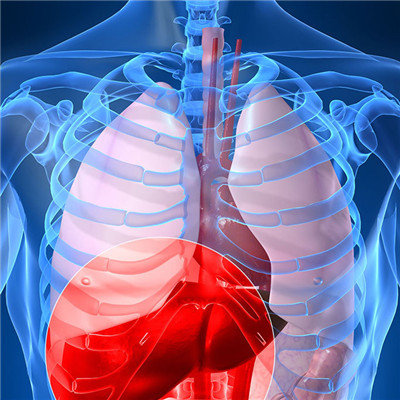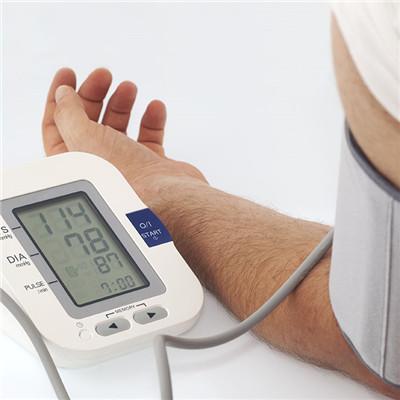Symptoms of pulmonary encephalopathy?
summary
Pulmonary encephalopathy, also known as pulmonary heart brain syndrome, is chronic bronchitis complicated with emphysema, pulmonary heart disease and pulmonary failure caused by brain damage and cerebral circulation disorders. The main basis is chronic lung disease with pulmonary failure; The clinical manifestations included disturbance of consciousness, neurological and psychiatric symptoms and localized neurological signs; Blood gas analysis showed pulmonary insufficiency and hypercapnia; The diagnosis was based on the exclusion of neurological and mental disorders caused by other reasons. Now let's talk about it.
Symptoms of pulmonary encephalopathy?
* 1: the pathogenesis is relatively complex, mainly due to carbon dioxide retention and hypoxia caused by lung damage, causing hypercapnia and hypoxemia, and pulmonary encephalopathy due to pulmonary circulation disorder and pulmonary hypertension which further induce or aggravate brain tissue damage.
Second: early performance for headache, dizziness, memory loss, mental retardation, reduced work ability and other symptoms. Then there may be different degrees of disturbance of consciousness, light was drowsy, drowsy state, serious coma. It is mainly caused by carbon dioxide anesthesia caused by hypoxia and hypercapnia. In addition, there may also be elevated intracranial pressure, optic nerve papilla edema and flutter tremor, myoclonus, generalized tonic clonic seizures and other movement disorders. Mental symptoms can be manifested as excitement, restlessness, increased speech, hallucination, delusion and so on.
Third, patients with normal weight are given a balanced diet to enhance the resistance of respiratory tract; The patients whose body weight is lower than normal should be given high energy and high protein diet to facilitate the repair of damaged bronchial tissue. Should be a small number of meals, easy to digest.
matters needing attention
When the patient has a change of temper and personality, abnormal mood and irritability, he should be persuasive, and cooperate with necessary treatment. Sedatives should not be used to make the patient quiet, otherwise it will aggravate the patient's condition and make the patient into coma.










